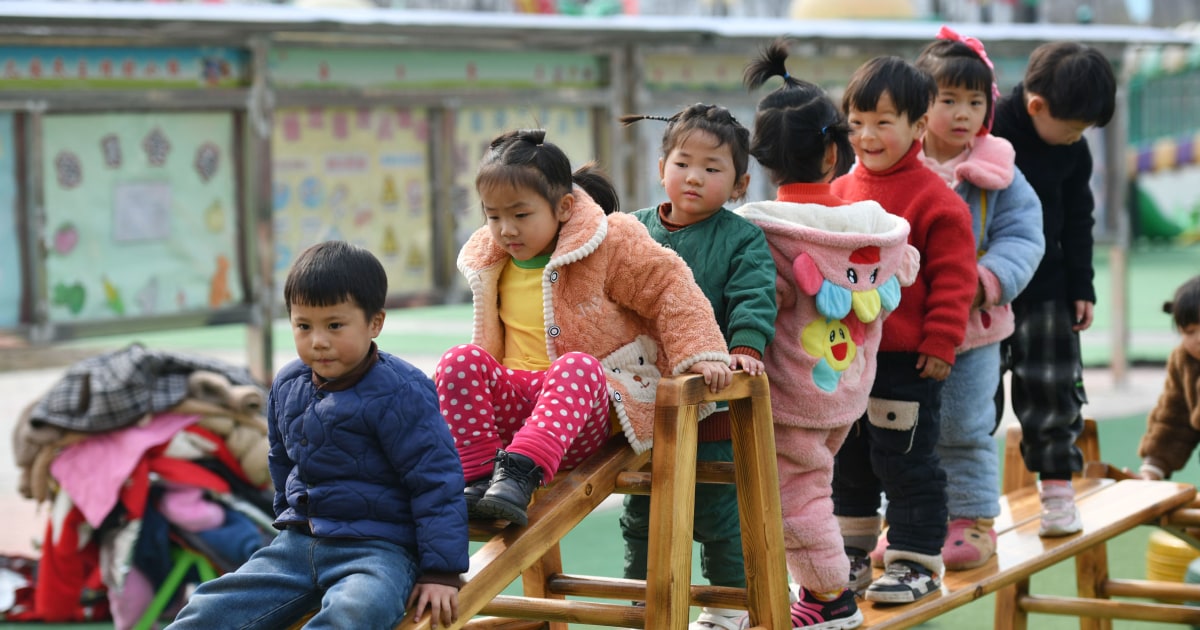The number of births in China tumbled 10% last year to hit their lowest level on record, a drop that comes despite a slew of government efforts to support parents and amid increasing alarm that the country has become demographically imbalanced.
China had just 9.56 million births in 2022, according to a report published by the National Health Commission. It was the lowest figure since records began in 1949.
The high costs of child care and education, growing unemployment and job insecurity as well as gender discrimination have all helped to deter many young couples from having more than one child or even having children at all.



I’m not sure. Every time I think about it, I come to a different conclusion.
For example for the animation industry, today is way faster to create an animation than 100 years ago and there is needed many less people to create a work than in the past, but this didn’t lead to a decrease in the number of people working in the industry, but rather in an massive increase in the output, So if before there were a few pieces of animation created every year, today there are a multitude more, you can see for example the Japanese animation industry the astounding number of new stuff being released every year.
What I mean is, in the current system, if you can make more with less, this does not lead to working less, but just in producing more, because companies have to continuously increasing profits forever. The working less won’t come simply in automating more, but the system itself will have to change